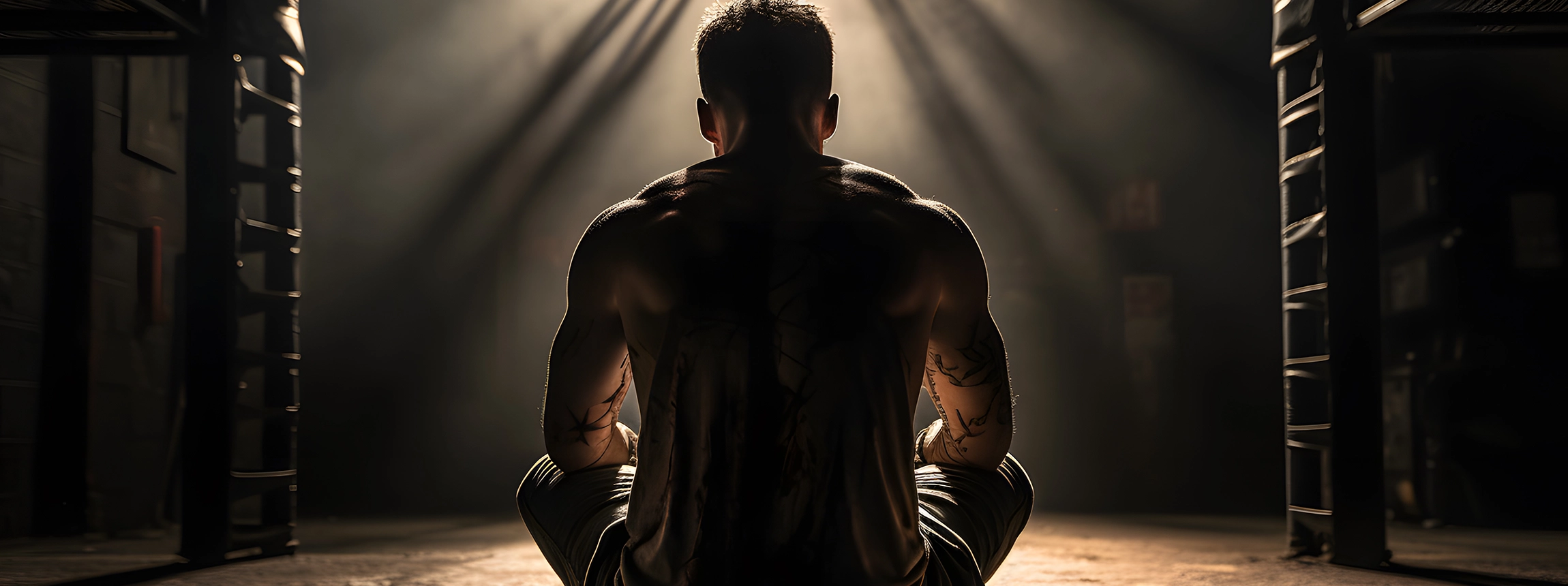A new study has revealed 96% of men agree that taking part in sports/exercising has positively benefited their mental health, with as little as 3% stating they see no benefits.
When asked, two in five men agreed that it reduced their stress levels, 35% stated it reduced their anxiety and depression, and a third agreed it increased their confidence.
The survey from the UK’s leading leisure operator Better, asked 2,032 men, what role fitness, social media and influencers have on their mental health.
The study continued to show a quarter of men said taking part in sports/exercising in some way helps ‘get rid’ of their aggression. Interestingly, this was higher in those participating in team sports (28%) to those working out alone (21%).
A shocking two-thirds of men surveyed stated social media impacts their body confidence in some way, with one in five feeling pressured to look a certain way.
Young men seem to be most affected by social media, with 16-34 year-olds being most affected by images online. 31% of 25-34-year-old men stated they feel pressured to look a certain way because of online images and 30% of 16-24 year-olds also agreed with this.
27% of both age categories stated they often compare themselves to those online and 25-34 year-olds were most likely to delete social media, with a fifth saying they had done so to protect their mental health, closely followed by 16-24-year-olds at 19%.
Being controversial to get viral on social media is not a new idea but how much is this influencing the younger generations? Better asked those surveyed what personalities have influenced their views on health and fitness most, specifically listing a combination of ‘positive’ and ‘negative’ influences.
Tyson Fury was the most popular overall, influencing almost a fifth of men, increasing to a quarter for 25-34-year-olds specifically. In second place came The Rock with 16%, again being most popular amongst the 25-34 age range.
Positive influences like Mental Health Ambassador Dr Alex George came much lower on the list with only 5% of British men stating he’d influence them. However, 44% of those surveyed stated that no personalities had ever influenced them.
Those participating in team sports are more likely to check in with their friend’s mental health than those exercising alone.
When it comes to checking in on your friend’s mental health, it seems men think they are checking in more than they are. 45% of men stated they check in with their friends whilst only 38% say their friends have checked in on them. Perhaps unsurprisingly this decreased with age as only 27% of those aged 55+ agreed they check in with their friends, compared to 58% of 25-34 year-olds and 54% of 16-24 year-olds.
The study also found that a quarter of men are reaching out to online communities to combat their mental health instead of turning to their friends, with a bigger 29% agreeing that online communities have helped improve their mental health. This was particularly popular amongst 25-34 year-olds with four in 10 men this age reaching out to communities online.






